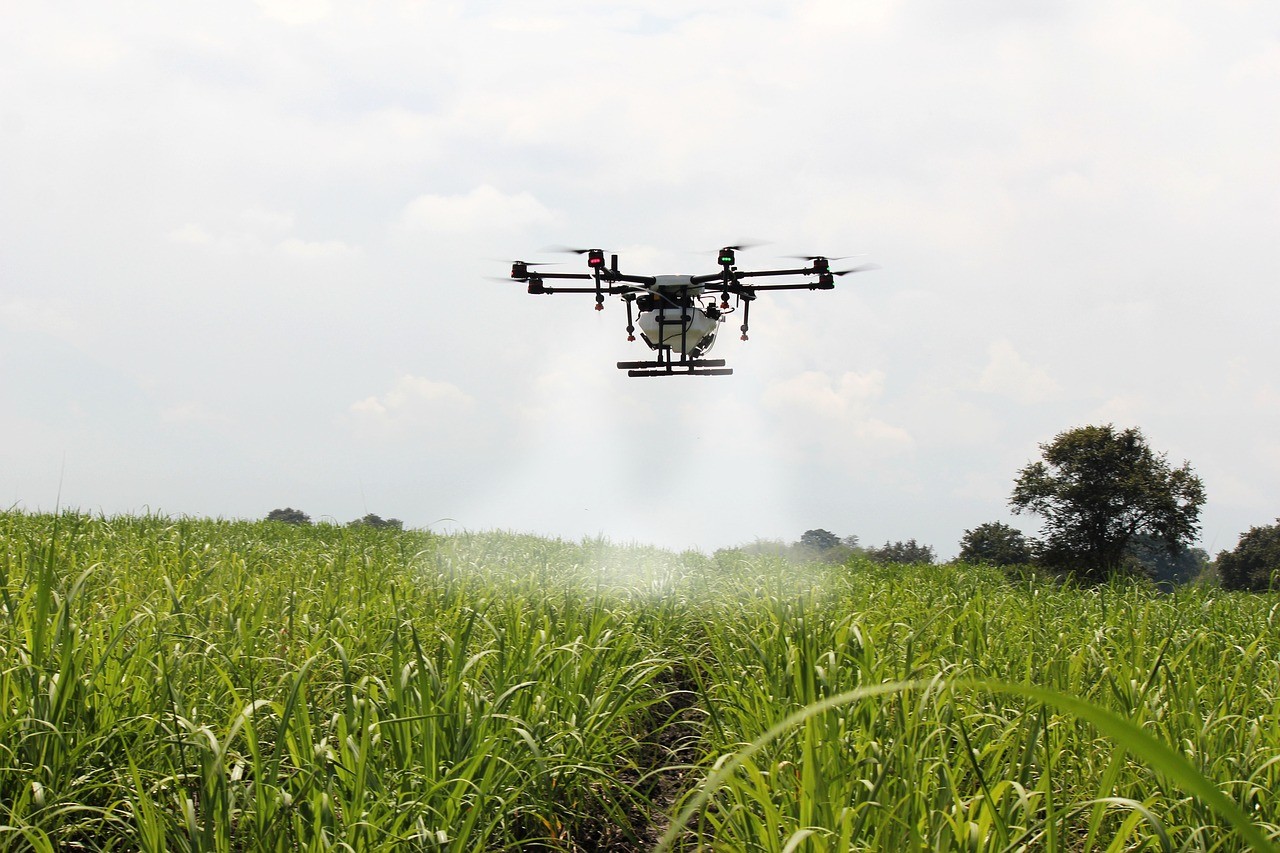CHANGING FARMING WITH DRONES
Drone Agriservices now offers a specialized drone service to assist sugarcane fields and other farms in disease detection and spreading. These drones are capable of identifying issues, monitoring plant health, distributing substances in the fields, and effectively managing diseases. MSIRI/MCIA has thoroughly reviewed and approved this company, which is dedicated to applying innovative farming solutions.
Farming, particularly in sugarcane cultivation, faces challenges with a diminishing and aging workforce. Since machines can’t handle every aspect, we rely on technology for support. The Mauritius Cane Industry Authority (MCIA) sees the potential of using drones equipped with island maps for agricultural purposes. Hence, Drone Agriservices, founded by Bruneau Adolphe in collaboration with iSpace Technologies, now provides its services.
This company has made direct investments in drones sourced from the United States. Drone Agriservices offers four key services: plantation analysis, surveillance, product distribution, and spraying. All these operations are carried out exclusively by certified drone pilots remotely.
Bruneau Adolphe highlights that his company, 360 Capture, partners with iSpace Technologies, the drone equipment importer, within Drones Agriservices. He explains, “We conducted extensive field tests, with the support of MCIA, on lands covering approximately 100 hectares belonging to a sugar company. We successfully performed both liquid and granular distribution, meeting the specific needs of farmers.”
Drones Agriservices has shared a video and photos demonstrating how their drones detected issues in a field, treated the affected area, and showed visible improvement. What makes this especially remarkable is that drones can perform these tasks autonomously, without requiring human intervention.
DRONE-DRIVEN AGRICULTURAL ADVANCEMENTS
Manual application by a worker may affect areas on the edges of the fields and not necessarily the affected areas. It is especially necessary for the worker to have proper protection. Technology reduces exposure to insecticides or pesticides. But, more importantly, it provides a more effective result,” explains Bruneau Adolphe.
Smart Agriculture is now more important due to fewer young people working in farming. Using drones for farming is a big deal for MCIA. They took time because there weren’t many experts or companies to help. Bruneau Adolphe started with drones in 2015, now an experienced pilot offering photo and video services. He found drones are good for disease detection and spreading and learned to fly them.

He’s the only pilot at Drones Agriservices. Bruneau Adolphe leads Drones Agriservices, a company for smart farming. With an agreement with MCIA, he’s allowed to fly drones for farming.
Drones Agriservices works with iSpace Technologies, who supply their drones. Together, they’ve used drones to cover 100 hectares for better farming. The Mauritius Cane Industry Authority (MCIA) supports using drones in farming. These drones have special cameras to spot problems in the fields, watch over them quickly, and give clear pictures to check crops. The best part is, these drones work even without the internet, so they always collect data.
Drones make farming more precise, and they can cover 8 to 10 hectares every day. This saves money and helps the environment by using treatments only where needed. Drones with sprayers also speed up farming tasks, like applying herbicides or making crops grow faster.
Moreover, this technology appeals to younger generations and benefits sugarcane producers, improving productivity and reducing costs. For inquiries, visit Drone AgriServices – The Pioneer in Drone Spraying Services in Mauritius.




